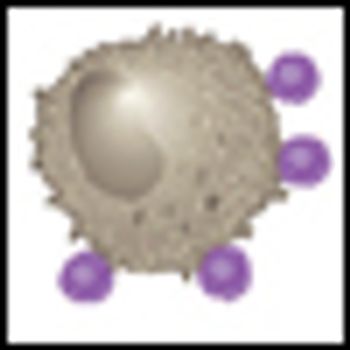
Breast cancer has long been described as a very heterogeneous disease, and clinicians have struggled with identifying the appropriate treatment program for an individual patient on the basis of multiple variables, including histology, nuclear grade, tumor size, nodal status, hormone receptor status, and a variety of prognostic factors.


